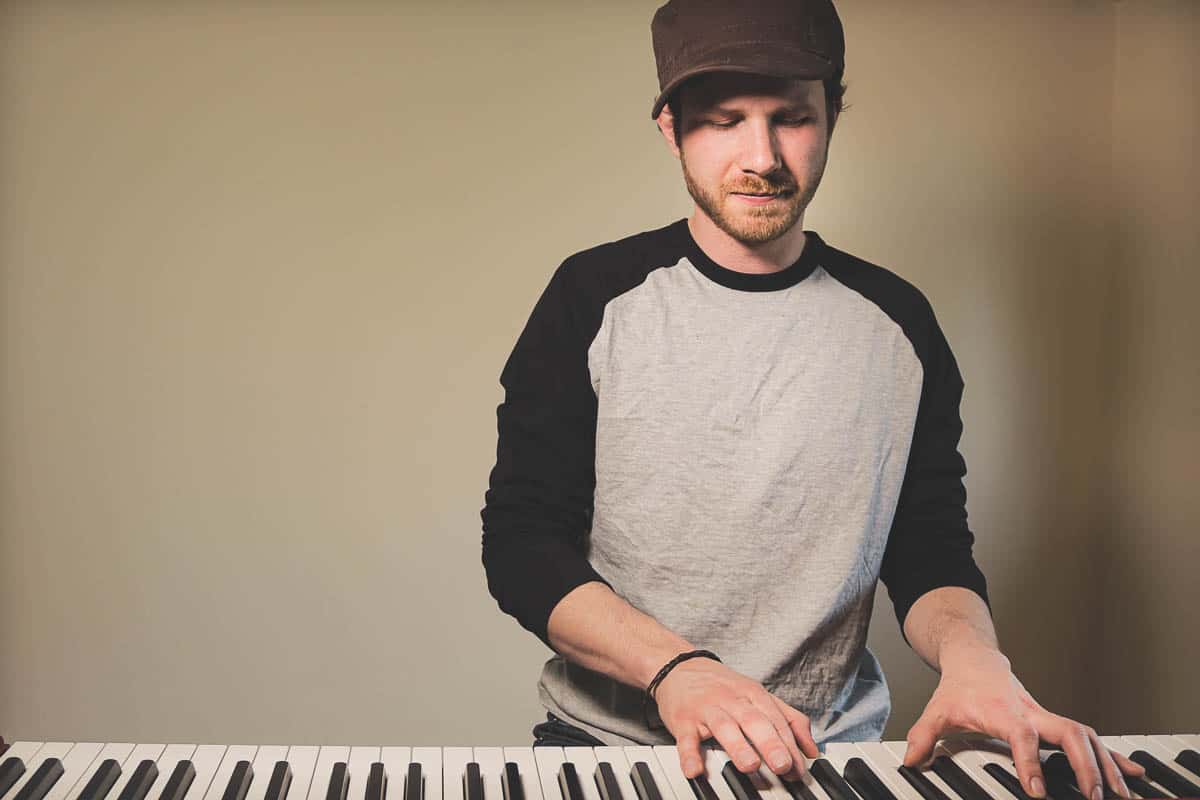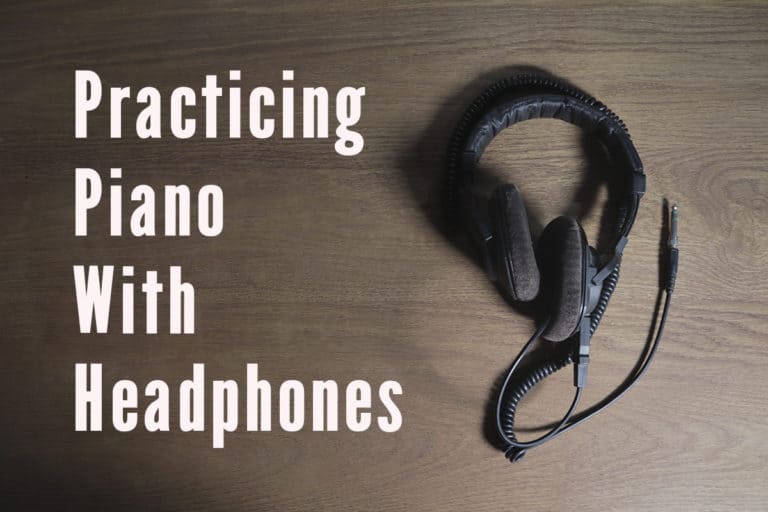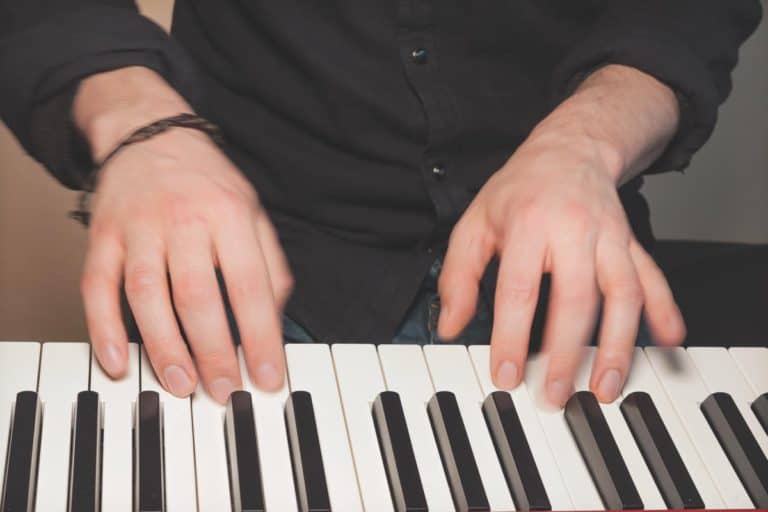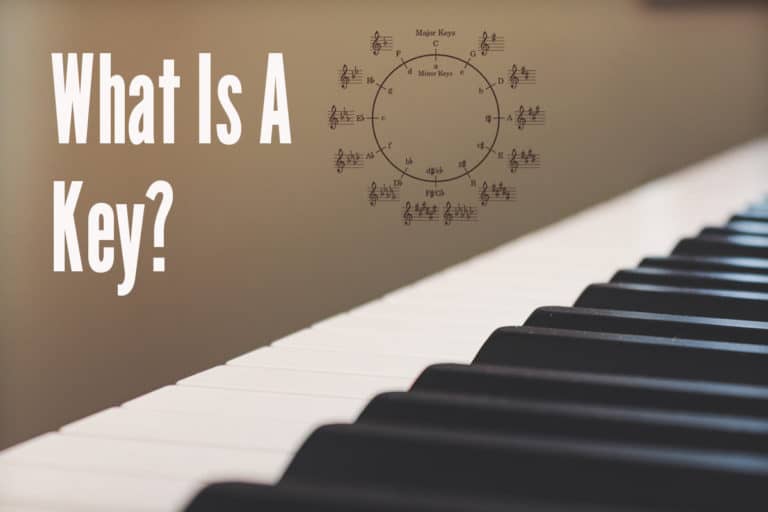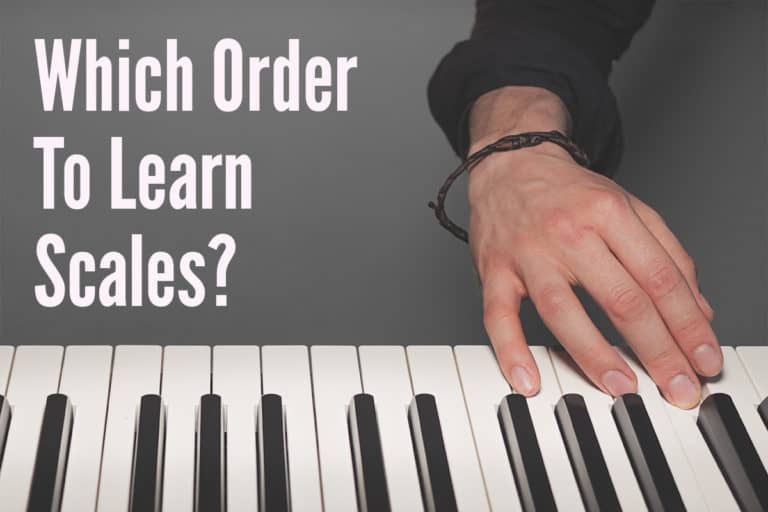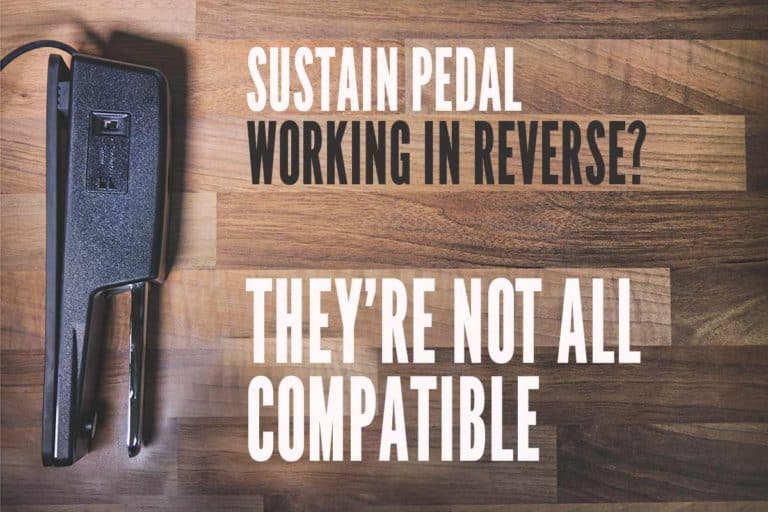Does Learning Piano Get Easier The More You Learn?
This post contains affiliate links.
The beginning phase of learning the piano can be a daunting task and at times certainly feels like there are many difficult obstacles to overcome before you get anywhere. As well is my own learning experience, as a piano teacher, I have travelled down this road many times with my students.
So does learning piano get easier? With consistency, learning the piano gets easier for most players. Although challenging for beginners, it feels easier when experience gives you confidence you can progress through effective practice. Your improvement then accelerates the more you learn but piano is still difficult to master.
The feeling that learning piano is getting easier really comes from a satisfaction in the progress you are making, but its hard to see this without enough experience of getting the results. Once you know what you can achieve, it’s really motivating to carry on and speeds up your development. Things will still feel hard at times and unless they’re too hard, that’s a good thing. It means you’re challenging yourself to learn more and improve. There are some common things that feel really difficult though in beginning phase, so let’s take a look at these and why you can expect them to eventually start feeling more comfortable.
What gets easier about playing piano and why?
For a lot of piano students, whether learning with a teacher or going down the self taught route, there are lots of difficulties, frustrations and moments of doubt you will encounter. Times when you think trying to play or understand something is just too hard and you will never do it. Two common culprits are hand independence and sight reading.
Everything can feel overwhelming in the beginning stages because there are so many different skills involved with learning the piano and for most people, they’re all completely alien. You are not alone if you have felt out of depth and it makes perfect sense to feel that way. With more experience and a focus on the most effective practice techniques, you soon get used to the fact that there is light at the end of the tunnel. If you’re patient and consistent, you will get the desired result. Once you know this for yourself, the feeling of difficulty wains and a satisfying challenge emerges.
At a certain point, you also start to see the bigger picture and all the different skills you have been working on begin to come together. Everything gets clearer, feels more natural and starts making sense. This is when you can can see a real boost in your rate of progress and things will feel like they’re getting easier. Every little achievement, breakthrough or milestone in your playing gives you confidence to reach further.
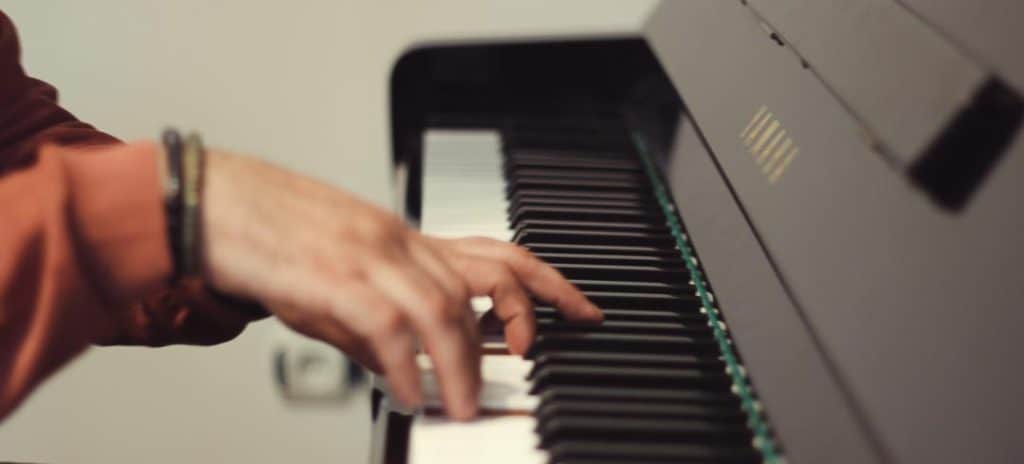
Technique
Gaining that initial control over your fingers in the way we need to for piano is just something completely new for your brain to deal with. It can feel very difficult and awkward in the beginning but over time it becomes more and more natural. It’s almost like a toddler learning to walk for the first time. You will fall over but eventually you become steady.
Of course there is always new technical challenges to overcome. Each one may be difficult and some may take a long time to master but the reassurance that slow, methodical practice plus time and patience will get you there makes it feel much easier along the way. Tackling individual elements at a time and then the gradual breakthroughs and tackling individual elements at a time will allow you to picture what’s possible.
Once you gain a certain amount of basic technique, you can start applying that to many things. Technique can be a barrier between you and playing something you want so there’s a time at which you unlock the door to lots of music. Here, you can play more, learn more and that in turn, then massively improves your progress.
Hand independence
This can be extremely frustrating at times. It can often feel like it doesn’t make sense and your hands will just not do what your brain is telling them to do. We have all been there. This goes hand in hand (pun intended) with technique but there is also a big element of really understanding how 2 patterns fit together as well as feeling and hearing the overall sound of the 2 parts (the composite rhythm).
Slow practice, taking small chunks chunks at a time and then gradually piecing it together before speeding it up is usually the best approach to developing this skill. It’s a bit pain staking when you’re new but when you learn effectively with simple patterns, over time you will not only be able to keep up with more complicated patterns, but they will start to feel easy because you can really hear 2 things happening at the same time and how they fit together to create the whole sound. Of course everyone has their limits with this but this is a huge part of playing the piano and a big reason it can begin to feel easier over time.
Theory
Music does not make much sense at first. Areas of music theory can become extremely complex but most of the time, it doesn’t need to be. Once you start understanding some of the basics like intervals, how to build chords and scales, how chords fit inside scales and some basic terminology etc, making music becomes a lot clearer.
When you understand what you’re doing a bit more, it can actually make the physical process of playing much easier. Technique can be hindered by not remembering what to play or recognizing shapes and chords on the piano but theory can help all that feel more like a natural part of your language. The different skills we learn start linking together in your mind, supporting each other and make the learning process much more fluid. The pieces all fit together in your mind slowly with time but it’s something that can make learning piano become much easier.
Ear training
One of the most important aspects of learning music is ear training. Having a strong sense of pitch, melody, harmony and rhythm in your mind can really support everything you do on piano. The longer you have been playing and if you make an effort to train your ears as well, you can really make a connection between what your hands are doing, the theory side and what the music actually sounds like (which is the most important part). This can lead playing piano to feel like a much more fluent, natural expression akin to speaking a language and again, different skills tie together to make the whole learning experience feel easier with a greater pace of progression.
Reading
I think at this point you are beginning to see the pattern that with time these elements feel more natural. There’s a logical system to reading sheet music which isn’t too difficult to make sense of but it’s one of those things where to get good at it, it really needs to feel very automatic. An obvious comparison is just reading regular text. When you first learn as a child, it’s a long slow process but you get to the point where you can read very quickly with little effort.
It’s not exactly the same as everyone has their own limit with how complicated the sheet music can get, but when you practice this frequently and consistently, you just get quicker at it, recognize patterns more easily and it feels easier. So if you struggle with it (And I certainly did), hang in there. Like with everything else, progress feesl like it’s on a slow incline at the beginning, but it soon starts getting steeper and steeper.
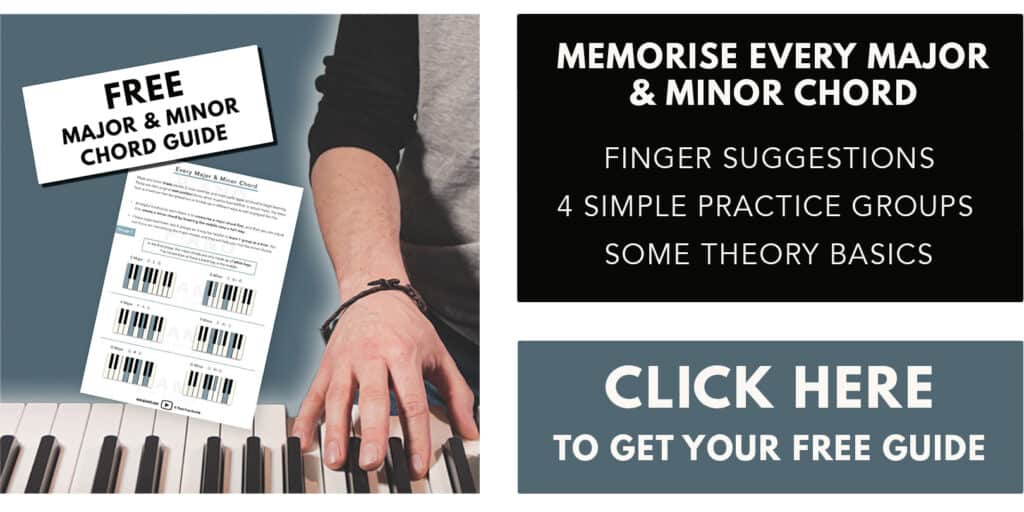
What You Can Do To Make Learning Feel Easier
There’s 4 main areas I want to mention to help you make the most out of your practice, progress faster and make the learning process feel that much more rewarding.
- Learning In Manageable Chunks – Don’t bite off more than you can chew. This may seem obvious but it’s something a lot of students don’t do. Set yourself just a few short term goals to reach at any one time, focus on them fully and then move on once you get there. This will help fulfil a sense of achievement and motivate you to carry on whilst allowing for the most improvement.
- Practice Little And Often – Everyone knows that practice makes perfect but with piano, little and often is usually the best way to train. Constantly repeating and reinforcing something at regular intervals will help whatever you’re learning stick to the pint it feels easier and more natural. This could be just memorizing the notes for a piece, something technical, reading or most other facets of learning.
- Practice Wisely – Particularly if you’re self teaching, make sure that you take the time to do some research to find a quality resource for whatever the task at hand is. Much of the time, difficulty and stress can be saved by learning something with a more efficient approach.
- Embrace The Learning process – Although learning piano can be frustrating at times, patience really is a virtue. Don’t expect too much too soon. It’s something you learn slowly and incrementally so remind yourself that when your’e practicing something correctly, you will eventually get results. You may as well try to enjoy the ride!
If It’s Too Easy, You Won’t Progress
Whilst you want to make the most progression you can, which in turn makes the learning process feel easier, you mustn’t forget that there is always more to learn. Reaching the upper echelons of piano playing is not a small task. Even if reaching that far is not your goal, there will still be times when learning feels hard, and that’s a GOOD THING!
At the point everything you’re doing feels too easy, like you’re not having to put much effort in to learning something new, you may have started to plateau. It’s now time to find something to challenge yourself. That’s how you make strides.
I’ll let David Bowie sum it up in this short clip. He’s not talking about piano, but the sentiment applies.

